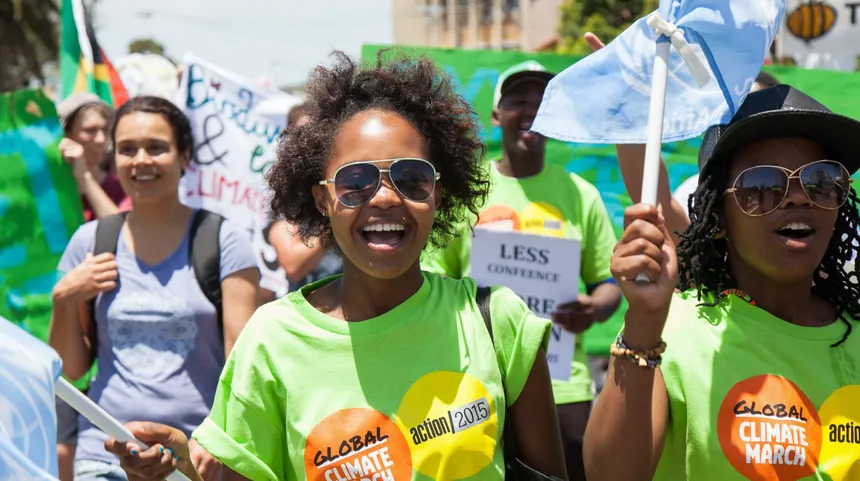As the Africa Climate Summit unfolded in Nairobi, a stark reality became clear: the continent most affected by the climate crisis is in dire need of a drastic increase in climate adaptation funding. Researchers warn that the flow of finance must surge by tenfold by 2035 to mitigate the worsening effects of climate change. Currently, Africa receives a mere 3% of the global climate finance pie.
Phoebe Mwangangi, a Kenyan farmer from Makueni, shared her stark reality, revealing how changes in rainfall patterns 10 years ago forced her to walk for hours daily to fetch water for her livestock, disrupting her and her children’s lives. Without investment, the continent could lose out on a staggering £4.8tn of economic benefits within the next decade, according to the Global Center on Adaptation.
Former UN Secretary General Ban Ki-moon, now chair of the GCA, emphasized that no country should be forced to choose between eradicating poverty, building climate resilience, and honoring its debts. The organization’s research suggests that earlier estimates of Africa’s nationally determined contributions towards climate resilience were a “vast underestimate,” prepared at a time when climate impacts were not projected to occur as quickly or strongly as they do now.
Africa is reeling from climate extremes. Recent years have seen devastating floods in western Africa, deadly cyclones in southern Africa, and a prolonged drought in the Horn of Africa, all exacerbated by climate change. Experts warn that these events have been made several times more likely by climate change.
Kenyan President William Ruto has sought to move beyond discussions of historical carbon emissions, citing the need to explore alternative avenues for climate funding. He recognized that Africa’s carbon footprint remains small, yet stressed that it’s essential to address the region’s complex needs and responsibilities. However, activists argue that sidestepping discussions on western accountability for the climate crisis can erase the experiences of those suffering and allow business to continue as usual.

African leaders are turning to “business” solutions, seeking global carbon taxes and financial reform to free up additional climate funding, as well as debt relief for struggling countries. While campaigners express reservations about this pivot, they acknowledge the desperate need for additional funding. For communities facing the worst impacts of climate change, it’s not just about droughts and floods – it’s about failed harvests exacerbating poverty, child marriages, and compromised access to education and healthcare.
Agricultural organizations are exploring alternative methods, such as drought-tolerant crop varieties and water harvesting, which have boosted agricultural productivity for farmers like Mwangangi. “This kind of information can change the lives of farmers,” she said. As the climate crisis deepens, Africa’s urgent need for financial support cannot be overstated. The clock is ticking, and the stakes are high.

